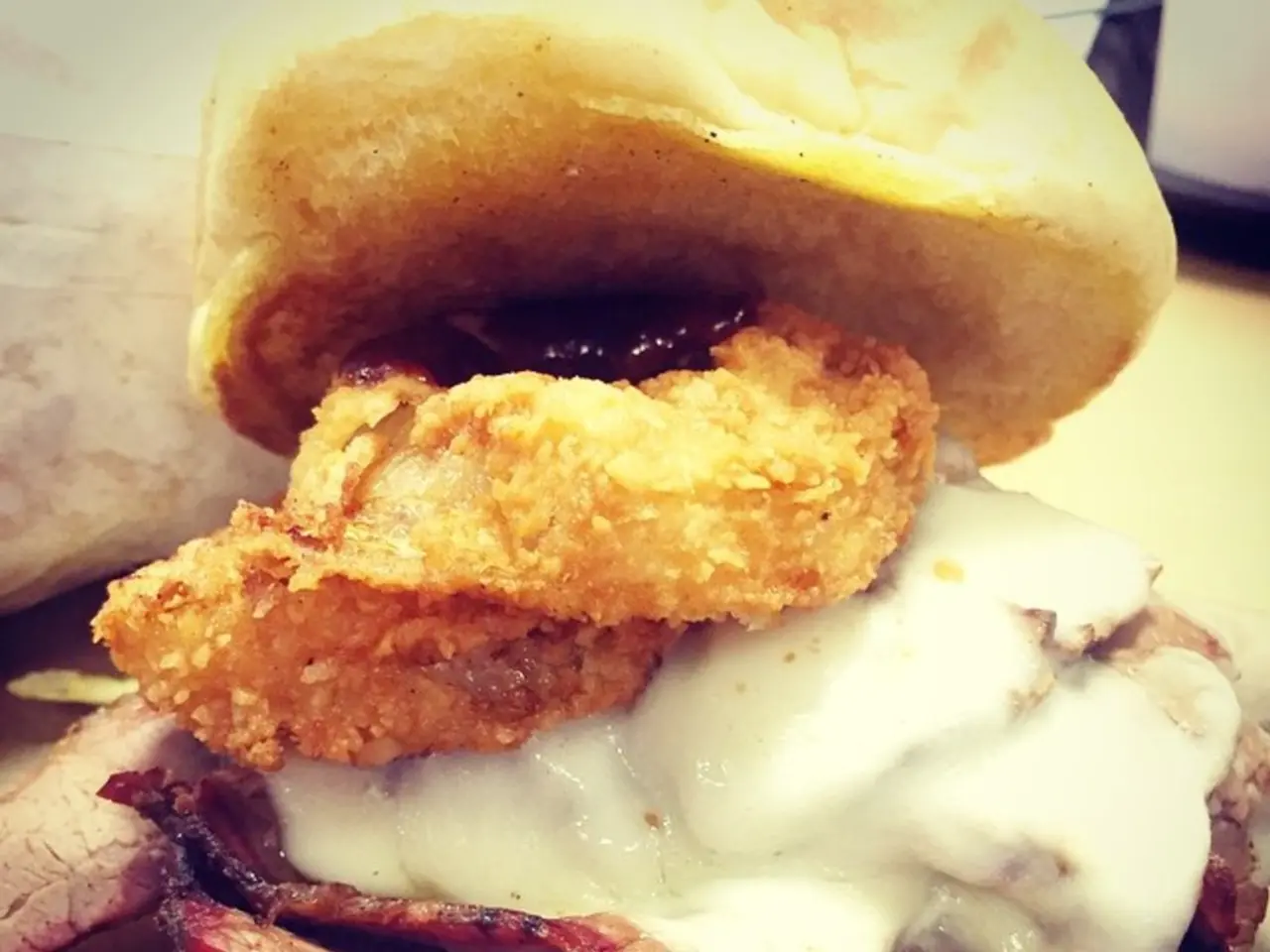Dietary Considerations for Managing Pancreatic Cancer
Nutritional Management for Pancreatic Cancer Patients
Pancreatic cancer can pose significant nutritional challenges due to issues with digestion, malabsorption, and side effects of treatment. To help patients maintain their strength, support treatment, and enhance their quality of life, a tailored nutritional approach is essential.
Balancing Energy, Protein, and Digestive Tolerance
The recommended nutrition methods for pancreatic cancer patients centre on preserving strength, supporting treatment, and improving quality of life. This is achieved through high-protein, high-calorie diets that are easy to digest, combined with pancreatic enzyme support and frequent, small meals.
Small, Frequent Meals
Small, frequent meals (4-6 times daily) help improve calorie and nutrient intake and reduce digestive discomfort due to impaired pancreatic function.
High-Protein, High-Calorie Foods
High-protein, high-calorie foods support maintaining muscle mass and energy. Good protein sources include lean meats, eggs, dairy, legumes, fish, tofu, Greek yogurt, cottage cheese, nut butters, protein shakes, and full-fat dairy products.
Pancreatic Enzyme Supplementation
Pancreatic enzyme supplementation is often necessary to aid digestion and nutrient absorption, especially fats. Common supplements include Creon, Zenpep, or Pancreaze.
Easily Digestible Foods
Choose easily digestible, low-fiber, soft foods such as mashed potatoes, bananas, and scrambled eggs to minimize gastrointestinal symptoms.
Whole Grains and Healthy Fats
Include whole grains (brown rice, oats, quinoa) for slow-releasing energy and fiber to manage digestion without causing distress. Incorporate healthy fats like olive oil, avocado, and fatty fish to provide concentrated calories and reduce inflammation.
Hydration and Antioxidants
Hydration and antioxidants from colorful fruits and vegetables, as tolerated, support immune function and healing. Anti-inflammatory additions include cooked vegetables (zucchini, spinach, carrots), berries, turmeric, ginger, and herbal teas (e.g., chamomile, peppermint).
Individualised Nutritional Care
Regular nutritional assessment and personalised interventions by dietitians using tools like the Patient-Generated Subjective Global Assessment (PG-SGA) help adjust calorie and protein goals, supplement needs, and dietary advice according to each patient’s evolving condition.
Adjusting Nutritional Intake
During flare-ups or treatment side effects, it may be necessary to modify fat and fiber intake. Some foods (cruciferous veggies, high-fat items) can cause bloating or discomfort.
Maintaining Calorie and Protein Intake
Maintaining calorie and protein intake is crucial during chemotherapy. To prevent nutrient loss and steatorrhea (greasy stools), PERT should be taken with meals and snacks.
Adjusting PERT Dose
Talk to your doctor or trained dietitian about adjusting your PERT dose based on meal size.
Common Nutritional Symptoms
Manage common nutrition-related symptoms, such as diarrhea, by consulting with a healthcare professional. Side effects of treatment, such as radiation or chemotherapy, decrease hunger and induce nausea.
Liquid Nutrition Supplements
Use liquid nutrition supplements when solid foods are difficult to tolerate.
Enhancing Fat-Soluble Vitamin Absorption
Enhance fat-soluble vitamin absorption and lessen bloating with PERT.
Weight and Muscle Mass Retention
Key nutritional targets for pancreatic cancer patients include retaining weight and muscle mass, boosting vitality and endurance, boosting immunity, avoiding and addressing dietary deficits, and reducing gastrointestinal issues.
Gradual Introductions
Move gradually towards small, balanced meals that boost enzymes after surgery. Start with cold or bland foods (e.g., plain toast, boiled potatoes). Avoid strong smells; try ginger tea or peppermint oil.
Foods to Limit or Avoid
Foods to limit or avoid include high-fat fried foods, gas-forming foods, sugary or refined foods, alcohol, and caffeine (in excess).
Preventing Nutrient Loss
To prevent nutrient loss, drink clear liquids first, followed by soft, low-fat foods after surgery.
Importance of Nutritional Care
Patients with inadequate nutritional care are more prone to experience weariness, impaired immunity, poor wound healing, and worse survival rates. Therefore, it is crucial to prioritise nutritional management for pancreatic cancer patients.
- For pancreatic cancer patients, a nutritional approach that balances energy, protein, and digestive tolerance is essential to maintain strength, support treatment, and enhance their quality of life.
- High-protein, high-calorie foods such as lean meats, eggs, dairy, legumes, fish, tofu, Greek yogurt, cottage cheese, nut butters, protein shakes, and full-fat dairy products are good sources of protein that can help maintain muscle mass and energy.
- Pancreatic enzyme supplements like Creon, Zenpep, or Pancreaze are often necessary to aid digestion and nutrient absorption, especially fats.
- Small, frequent meals (4-6 times daily) and easily digestible, low-fiber, soft foods such as mashed potatoes, bananas, and scrambled eggs can help minimize gastrointestinal symptoms.
- Incorporating whole grains like brown rice, oats, and quinoa, as well as healthy fats like olive oil, avocado, and fatty fish can provide slow-releasing energy, fiber for digestion, and concentrated calories while reducing inflammation.
- Regular nutritional assessment by dietitians and individualised interventions involving tools like the Patient-Generated Subjective Global Assessment (PG-SGA) help adjust calorie and protein goals, supplement needs, and dietary advice according to each patient’s evolving condition.




